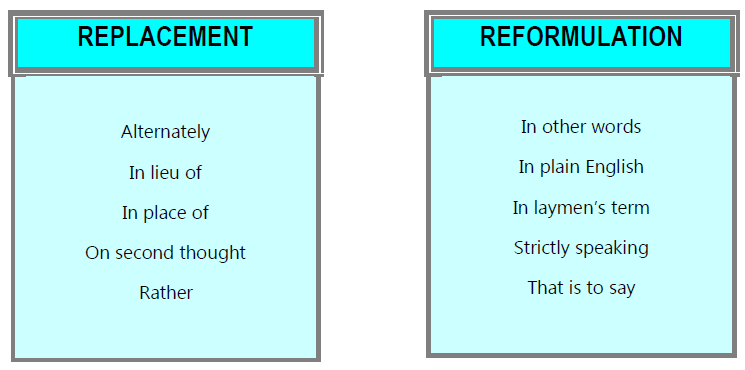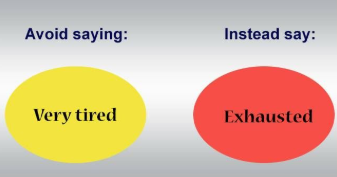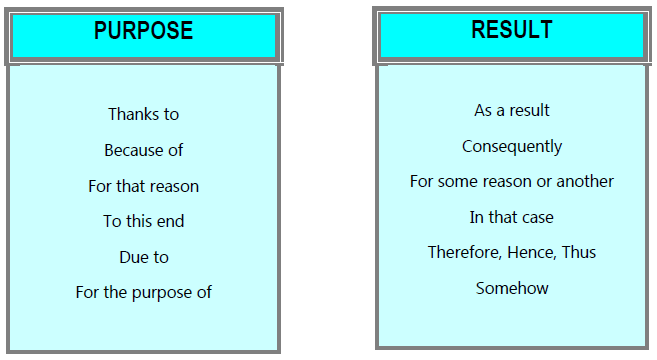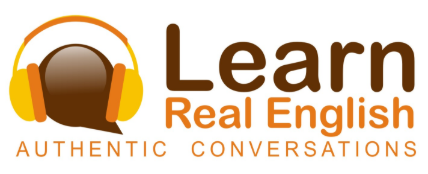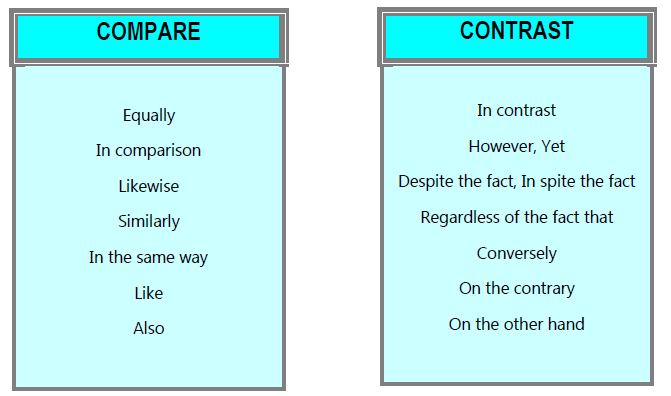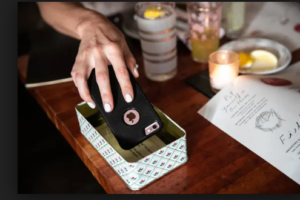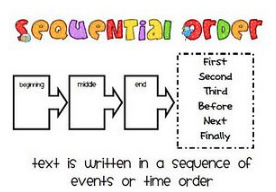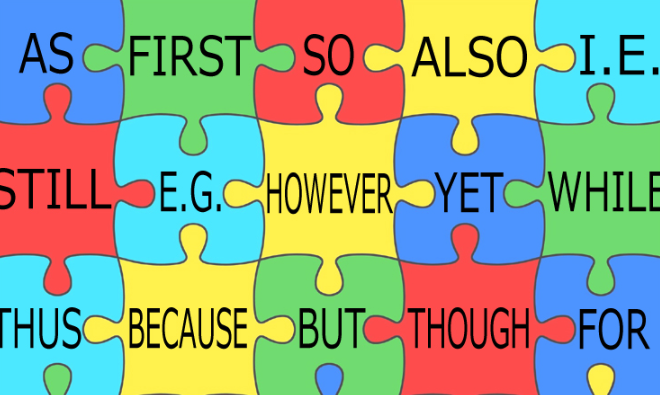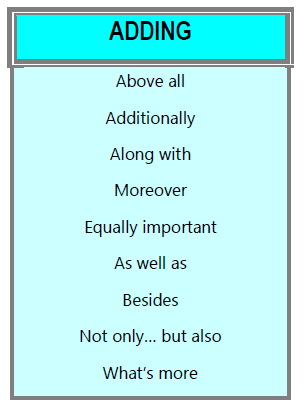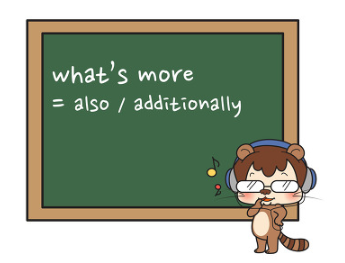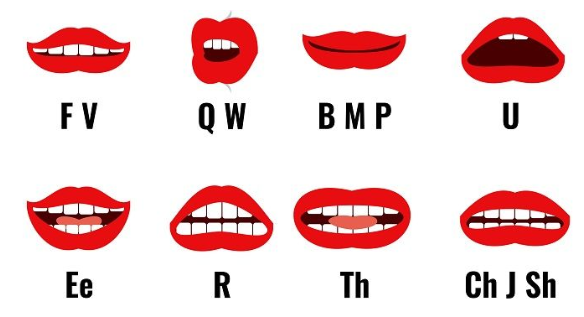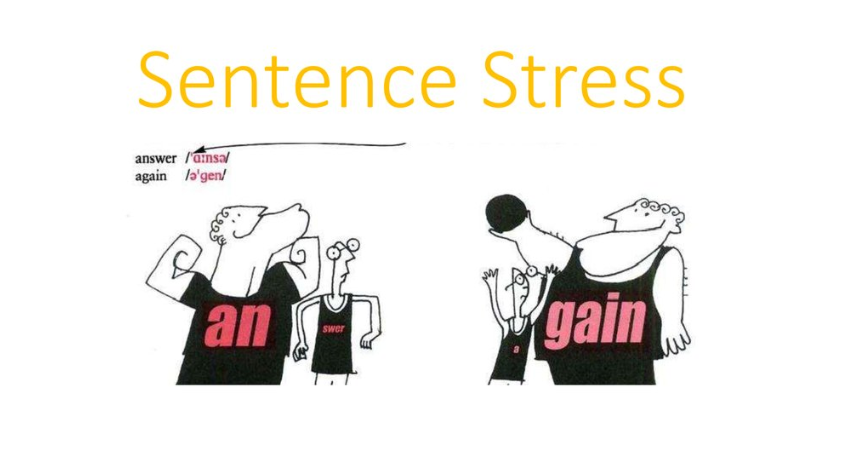アメリカ人が毎日使うスラング・イディオムを学ぶ!
ネイティブのように話せるようになるのも”in no time”(あっという間)!

ネイティブのリアル英語 take a dip ひと泳ぎする
今回取り上げる表現は “take a dip” です。
“take a dip”は、「…がひと風呂浴びる」「…がひと泳ぎする」という熟語です。
「(市場など)が下落する」という意味もあります。
あわせて覚えておくとよいでしょう。
“take a dip in the sea” では, 海でひと浴びする様子を表します。
“dip”は、自動詞で「…が下がる」他動詞で「…を浸す」。
それゆえ、名詞で「下げる・浸すこと」を表します。
ここから「ひと泳ぎ」や「下落」という意味が生まれ、上の意味につながるのです。
“take a + (動詞と同形の)名詞” のイディオムは下のように
たくさんありますので合わせて覚えておくとよいでしょう。
take a bite(…がひと口食べる)
take a look(…が見る)
take a walk(…が散歩をする)
< 例文 1 >
I might go down to the sports club and take a dip at lunchtime.
昼食休みに、スポーツクラブに行ってひと泳ぎするかもしれない。
< 例文2 >
Summer is almost here, and one of the ways to stay out of the heat
is to take a dip in the pool.
夏がすぐそこまで迫っている。暑さをしのぐのに、
プールでひと泳ぎするというのも1つの手だ

「 take a dip ひと泳ぎする 」 習得・攻略
ネイティブのリアル 英語:
It’s such a beautiful warm day today.
I think I’ll take a dip.
学校で教わる英語:
It’s such a beautiful warm day today.
I think I’ll go swimming.
ネイティブのリアル発音:
It’s such a beaudif’l warm day daday.
I think ah’ll take a dip.
「dip」 を使ったイデオム
● Dip your toe in the water : 慎重に試す、少しずつ試す
I’m not sure if I’d like to move to another city for a new job, but I could always dip my toe in the water by commuting there for a few weeks first.
● Dip your pen in company ink : 職場で恋愛する
It’s usually not a good idea to dip your pen in company ink; it could lead to complications down the line.
● Dip in the road : 一時的な困難、小さな障害
Despite the recent dip in the road, our company has continued to be successful in its endeavors.
● Be in a dip : 下降期にある、悪い状況にある
Our sales are in a dip this quarter, but we’re confident we can turn things around.
● Skinny-dip : 水着を着ずに泳ぐ
They decided to skinny-dip in the lake, as there was no one else around.


